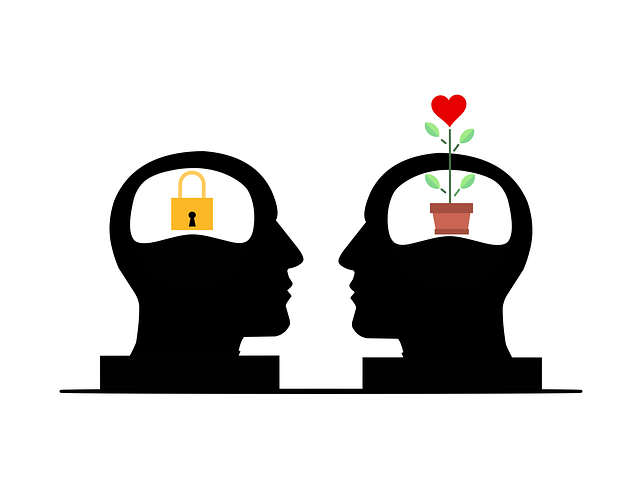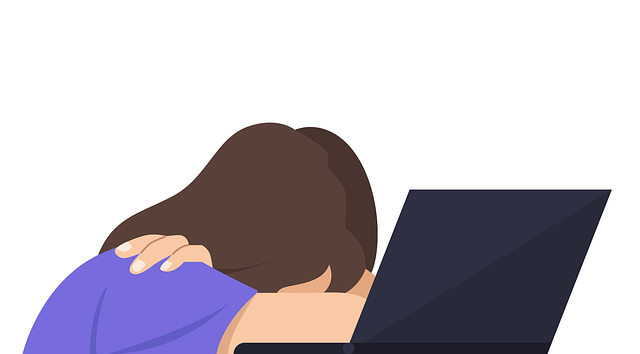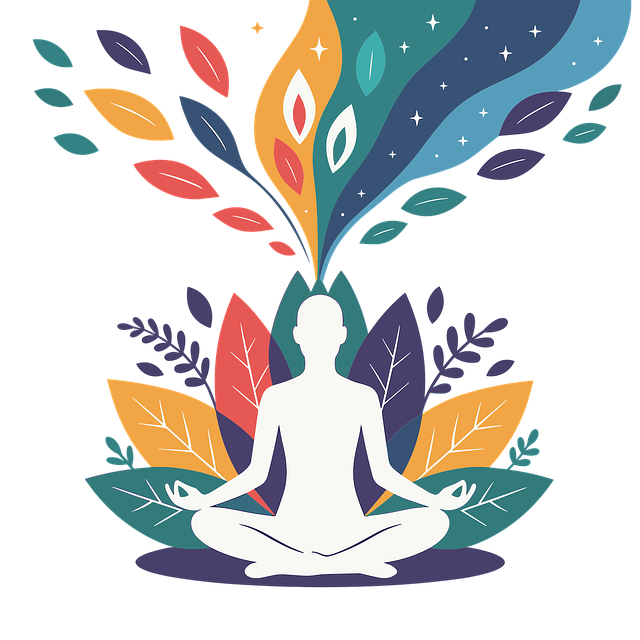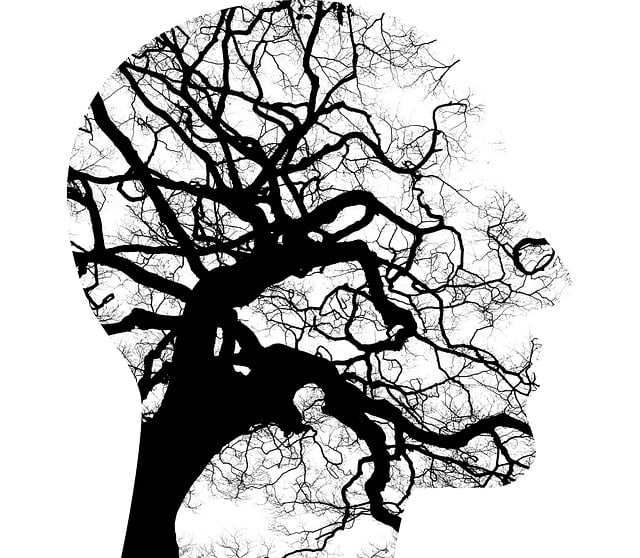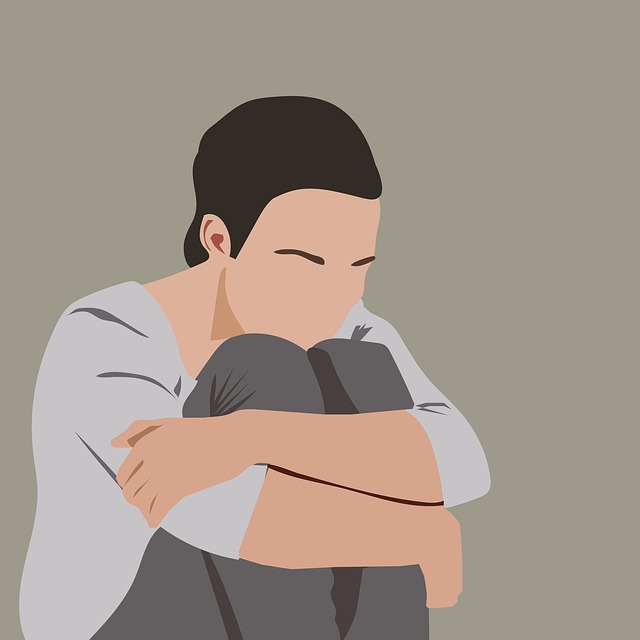Englewood Mindfulness Therapy promotes self-care as a holistic approach to mental well-being, emphasizing long-term habit cultivation rather than fleeting relaxation. By integrating practices that nurture emotional, psychological, and physical health, individuals can enhance resilience, mood, and stress management. This therapy's present-moment awareness focus fosters self-connection and emotional regulation, offering benefits in conflict resolution and mental health advocacy. With accessible strategies for daily self-care integration, even amidst demanding schedules, Englewood Mindfulness Therapy empowers individuals to prioritize their well-being, fostering deeper personal connections and community support.
“Enhance your well-being and transform your mental health with a focus on self-care. This article guides you through a comprehensive journey of self-improvement, beginning with unraveling the profound impact of self-care on mental health. We explore the power of mindfulness as an essential tool in Englewood Mindfulness Therapy, offering practical strategies for adopting daily self-care routines. Additionally, we address common barriers and provide solutions to help you overcome them, ensuring consistent self-nurturing practices.”
- Understanding Self-Care and Its Impact on Mental Health
- The Role of Mindfulness in Englewood Therapy
- Strategies for Integrating Daily Self-Care Routines
- Overcoming Barriers to Consistent Self-Care Practices
Understanding Self-Care and Its Impact on Mental Health

Self-care isn’t just a trend; it’s a crucial practice for maintaining and enhancing our mental well-being. At Englewood Mindfulness Therapy, we emphasize that taking care of ourselves goes beyond occasional spa days or relaxation moments. It involves cultivating habits and behaviors that support our emotional, psychological, and physical health. By prioritizing self-care, individuals can build resilience against life’s challenges, improve their overall mood, and enhance their ability to cope with stress.
Effective self-care strategies involve a holistic approach, including communication strategies for expressing needs, building social connections, and engaging in activities that foster personal growth. Additionally, resilience-building techniques teach us to navigate setbacks and adversity, while social skills training enhances our interactions with others, creating a supportive network essential for mental health. These practices collectively contribute to a healthier, happier, and more fulfilling life.
The Role of Mindfulness in Englewood Therapy

Englewood Mindfulness Therapy is a powerful tool for personal growth and healing. In today’s fast-paced world, stress has become an inevitable part of daily life, but it doesn’t have to control our well-being. This therapy focuses on training the mind to be present in the moment, fostering a deeper connection with oneself. By practicing mindfulness, individuals can learn to observe their thoughts and emotions without judgment, leading to improved emotional regulation and enhanced self-awareness. It’s not just about calming the mind; it empowers people to navigate life’s challenges more effectively.
The benefits extend beyond stress management; it can be a game-changer in various aspects of mental health. Techniques learned in these sessions can aid in Conflict Resolution, helping individuals respond rather than react in stressful situations. Additionally, organizations like the Stress Management Workshops Organization recognize the value of mindfulness as a tool to advocate for better Mental Health Policy. Through regular practice, one can cultivate resilience and improve overall well-being, making it an essential component of any self-care routine.
Strategies for Integrating Daily Self-Care Routines

Integrating daily self-care routines into your life can seem daunting, but with strategic planning and consistent effort, it becomes a manageable and rewarding practice. Englewood Mindfulness Therapy encourages individuals to start small and choose activities that resonate with their personal needs. For instance, incorporating mindfulness exercises like meditation or deep breathing into your morning routine can set a calm and focused tone for the day ahead. Even dedicated periods of silence or nature walks can significantly contribute to mental wellness.
In addition to individual practices, community outreach program implementation and Mental Illness Stigma Reduction Efforts play a crucial role in fostering a culture that prioritizes self-care. Encouraging open conversations about mental health and providing accessible resources through initiatives like Mental Wellness Journaling Exercise Guidance can empower individuals to take charge of their well-being. These collective efforts create an environment where self-nurturing is not only encouraged but also normalized, ultimately leading to improved overall mental health.
Overcoming Barriers to Consistent Self-Care Practices

Overcoming barriers to consistent self-care practices is a crucial step towards enhancing mental wellness and preventing burnout. Many individuals struggle with making time for self-nurturing activities, often due to demanding schedules or societal pressures that prioritize productivity over personal well-being. At Englewood Mindfulness Therapy, we understand these challenges and offer strategies tailored to help you integrate self-care into your daily routine.
Cultural competency training for healthcare providers is another significant aspect that contributes to effective self-care. By recognizing and addressing the impact of cultural differences on mental health practices, individuals can receive more personalized support. This holistic approach ensures that self-care methods are not only sustainable but also culturally sensitive, fostering a deeper connection with one’s inner self and community.
Self-care is a powerful tool for enhancing mental well-being, and as this article has explored, engaging in practices like mindfulness through Englewood Mindfulness Therapy can significantly improve our overall health. By incorporating daily self-care routines and overcoming barriers, individuals can experience reduced stress, increased resilience, and a profound sense of balance. Remember that small consistent actions add up to significant changes, enabling us to live happier, more fulfilling lives.
